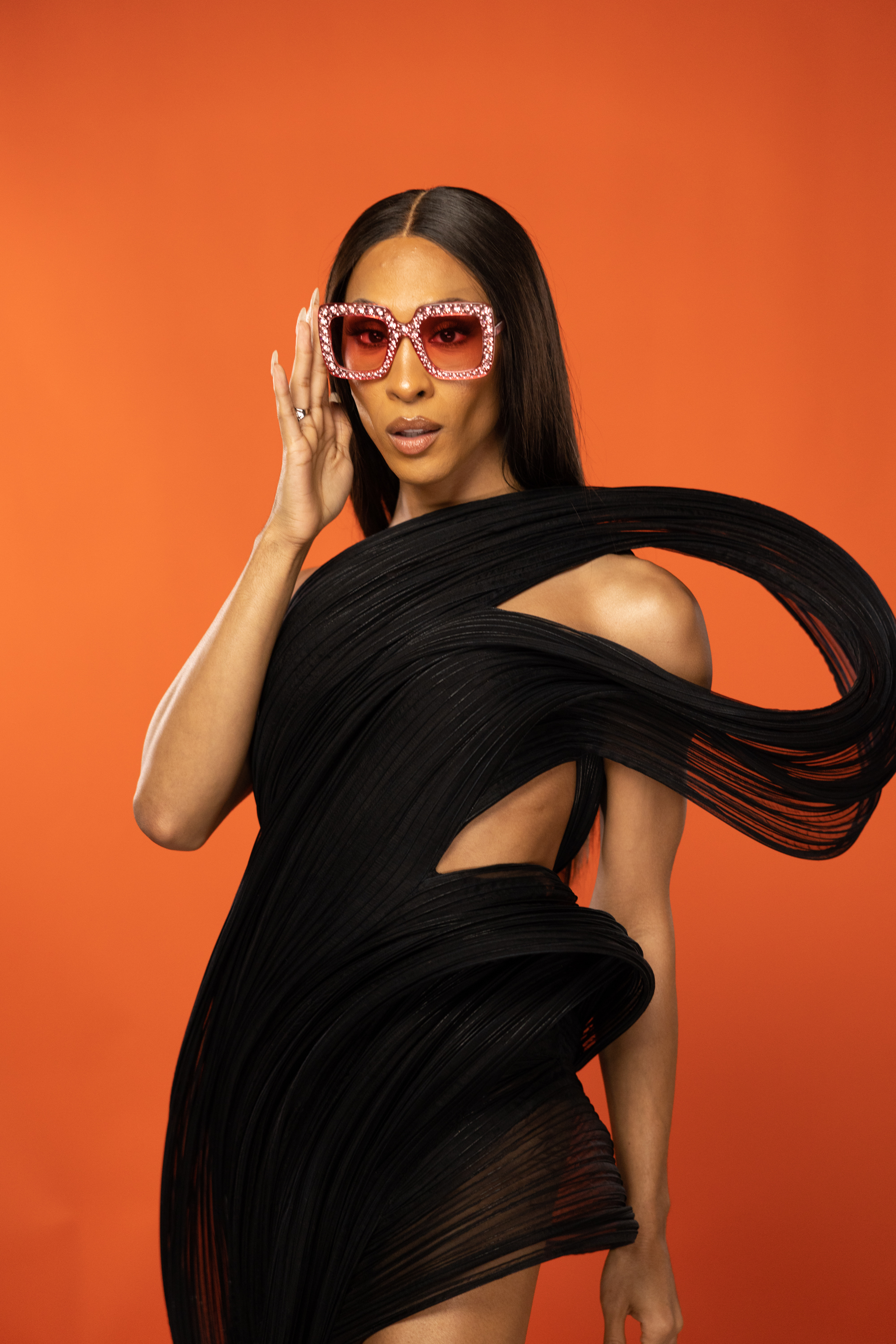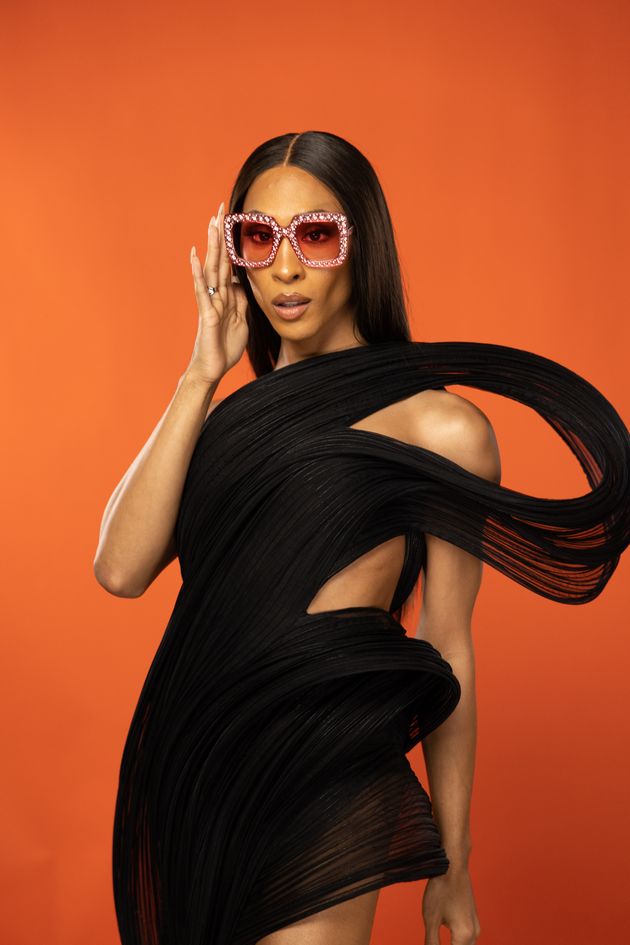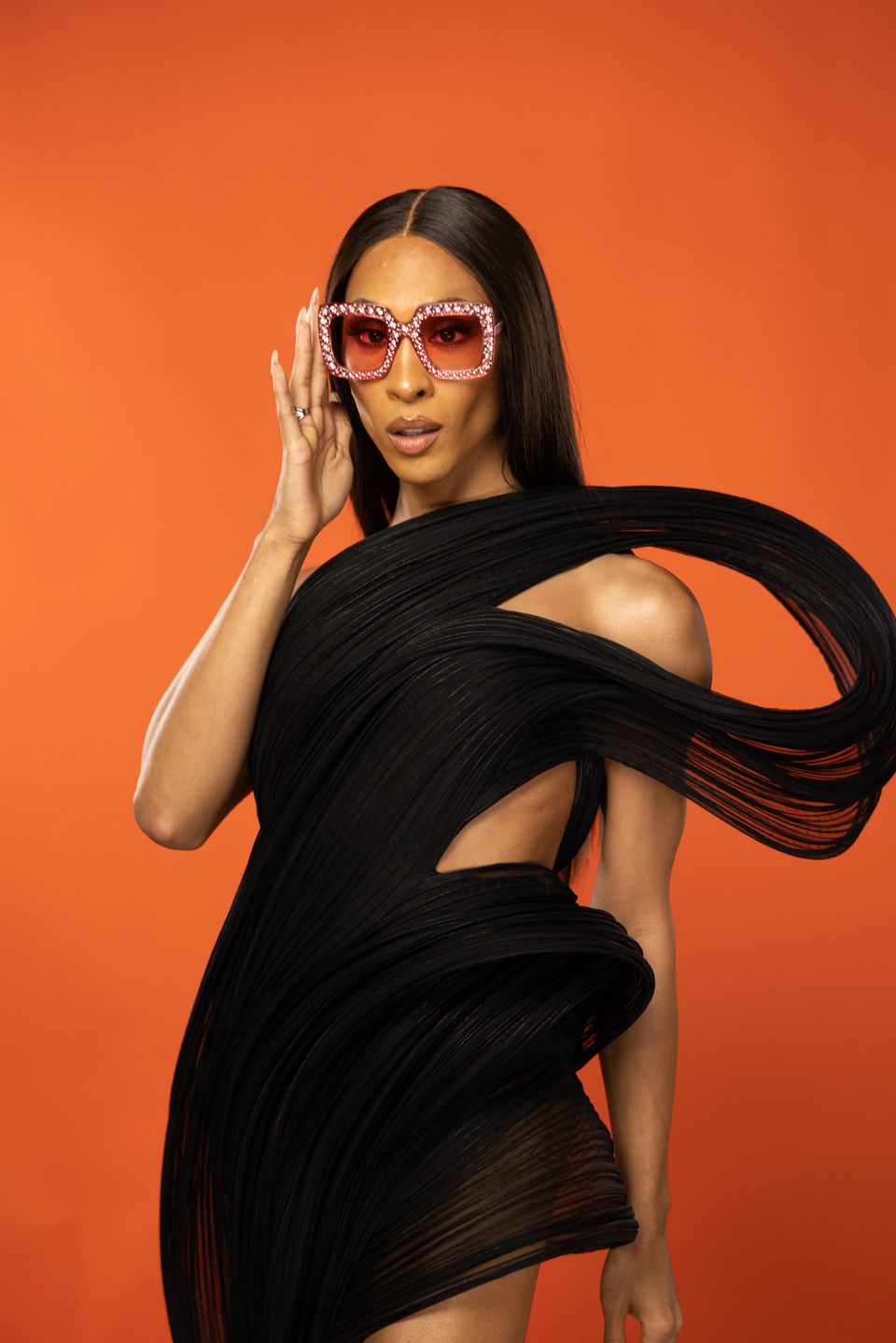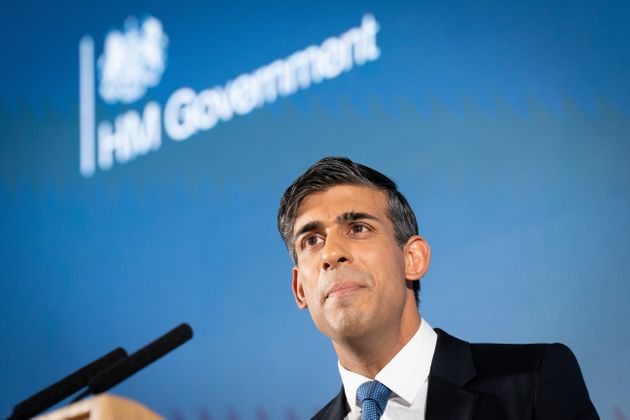
I first met Michaela Jaé Rodriguez in 2018, when she starred in a series called Pose, which followed a cast of characters navigating New York’s ballroom scene in the ’80s. Five years ago, her show marked the beginning of a new era in TV, one that affirmed the experiences, joys and struggles of queer and trans people of colour. Pose was the first truly nuanced portrayal of our community; it presented the possibility that we could be the main characters, the side characters and the villains.
Of course, I didn’t actually meet Michaela Jaé Rodriguez then; like many other queer people, it just felt like I knew her intimately. Rodriguez, who played Blanca Rodriguez-Evangelista, was a loving parental figure who fought fiercely to protect and encourage her chosen family. To some of us, she was a stand-in for the type of radical acceptance from an adult figure we could only dream of. She was, in parasocial terms, our mother.
Advertisement
And Rodriguez’s impact has already extended far beyond the series. It’s been two years since the final season of Pose aired, and Rodriguez isn’t done — in fact, she has a lot more to say.
She’s working on her debut album (which she expects to release sometime next year) and is currently filming for the upcoming season of “American Horror Story.” She’s also an active ambassador for the Rocket Fund, a new initiative by the Elton John AIDS foundation that is fighting to decriminalise same-sex behaviour and end HIV stigma around the world.
And while these are new projects, I don’t think Rodriguez is quite reinventing herself. She was always meant to be this, and more. But I do get the sense that she is expanding the scope of how trans women of colour are allowed to dream in America.
When I spoke with Rodriguez, she was, even over the phone, incredibly magnetic. I had been listening to Something to Say, her debut single that came out in 2021, all day. The first listen was to prepare for our conversation, but every subsequent stream was because the song poured endorphins directly into me.
Advertisement
“The song was supposed to be about finding a strong voice after a breakup and having something to say,” Rodriguez says. “But then George Floyd and BLM happened, and we decided to shift the narrative and make it more universal.” And so, the song became about a different kind of heartbreak — and our refusal to stay silent about racial injustice. At its core, it’s a song about taking back your power — however that looks like for each of us.
When you’re from a marginalised group, your art is often destined to become a political statement. Personal feelings become a rallying cry for survival. When Rodriguez makes music or stars in a TV show, she’s not just doing those things — she’s a trans woman of colour doing those things in 2023.
That’s where the heaviness can really set in. No one is meant to think about their existence every day, all the time. Rodriguez said that recently she’s been taking the time to rebuild herself, which involves spending lots of time alone and making sure that she’s surrounded by people who won’t diminish or suppress her existence.
Elton John and her work with the Rocket Fund, she said, are aspects that have been keeping her motivated and giving her more purpose. Rodriguez hopes to erase the shame and other negative feelings that come along with an HIV diagnosis, since the outlook for those who live with it now is so different than it was even 10 years ago.
“Regret is one of the worst things to have, whether that’s regret about your circumstances like if you’re dealing with HIV,” she said. “I want to encourage people to go out and break the mold, to break cycles.”
Advertisement
But when you’re queer or a trans person of colour, the healing process can feel impossibly long. “Although I don’t believe there’s such a thing as being fully healed, I do think there are things we can all do that make us feel more at peace in our bodies,” she added.
I realised that what makes Rodriguez so unique, to me, isn’t just that she’s a trans woman of colour. She also leads by mending wounds that exist deep within many of us. She’s got that healer energy, through and through.
Our culture tends to choose a place for our icons and then super glues them there. But Rodriguez is refusing to limit her impact, tapping into a force that is much larger than any one person. I suspect that this comes from mothering herself before she even began to be that touchstone for the rest of us.
“If I could, I would tell my younger self: You have a really bright future ahead of you. Don’t let anyone dim the brightness of your future, walk in your light and have your arm stretched out for the young people behind you,” she said. “And keep being a bad bitch.”





